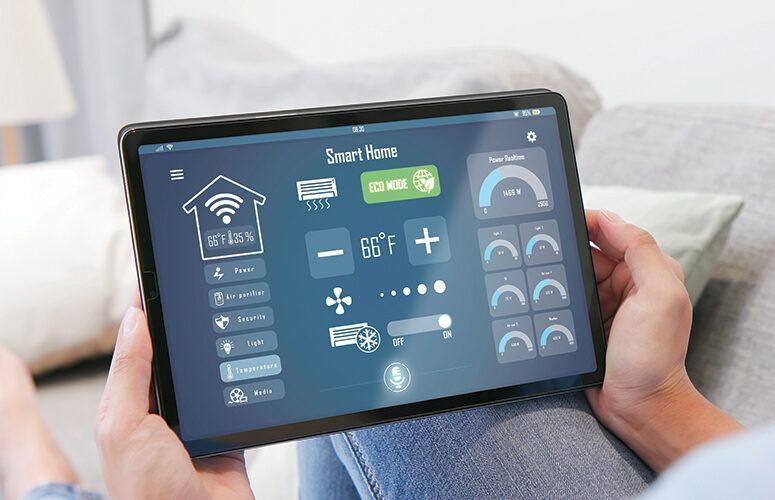
BPU Approves $2 Million in NJ Clean Energy Program Funding for Microgrid Feasibility Studies
On Jul 3, 2017The New Jersey Board of Public Utilities (BPU) furthered the Christie Administration’s priority of improving energy resiliency and the State Energy Master Plan’s (EMP) policies of increasing the use of microgrid technologies and applications for distributed energy resources (DER) by approving approximately $2 million in funding for 13 applications for Town Center Distributed Energy Resource Microgrid feasibility studies.
“My fellow commissioners and I are excited to get these 13 microgrid feasibility studies started as the final reports will provide great detail on options concerning designs, connections, financing options and the types of buildings to be included in a town center microgrid,” said Board President Richard S. Mroz. “As these town center microgrids are developed around the state, communities will have the power and freedom to keep critical facilities such as hospitals, police and fire stations, water and wastewater treatment plants and buildings used to shelter residents operational and running independent of the grid during emergencies.”
The Board approved funding for application submitted by: Atlantic City, Camden County, Cape May County MUA, Galloways Township, Highland Park, Hoboken, Hudson County, Middletown Township, Montclair Township, Neptune Township, Paterson, Woodbridge Township, and the State of New Jersey Department of Treasury with the partners Mercer County, Mercer County Improvement Authority and Trenton.
New Jersey suffered devastating damage from the impacts of Superstorm Sandy and other major storms and weather events. The Christie Administration made it a priority to improve energy resiliency and the emergency preparedness and response of the utility companies. Therefore, the EMP 2015 Update contained a new section on hardening and improving utility infrastructure resiliency which supports the establishment of Distributed Energy Resources (DER) such as microgrids to improve the grid’s resiliency and reliability in the event of a major emergency. The Update also directed the Board to continue its work with the utility companies, local, state and federal governments and other strategic partners to identify, design and implement Town Center DER microgrids to power critical facilities and services across the state.
At its Jan. 25, 2017 agenda meeting, the Board authorized the opening of an application period for Town Center DER microgrid feasibility studies. The program was developed to provide incentives for local and state government agencies to study the feasibility of TCDER microgrids. Applicants were limited to local government entities or state agencies which own or manage critical facilities. The program was opened to Town Centers identified in the report prepared by NJIT titled, New Jersey Town Centers Distributed Energy Resource Microgrids Potential (2014) or Town Centers that have similar characteristics.
The Board had established a Town Center Distributed Energy Resource Microgrid Feasibility Study program with a budget of $1 million. However, after receiving and evaluating 13 applications for proposed microgrids and the potential benefits offered, the Board approved a budget modification to fund all 13 applications at a total cost of $2,052,480. The Board also authorized Board President Richard S. Mroz to sign a Memorandum of Understanding (MOU) with each applicant.
Related Articles:





